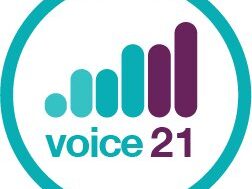Retrieval practice in a primary classroom
To help our pupils learn, we need to consider an important question: how can we ensure that information is transferred to long-term memory and stays there? A number of experiments following Hermann Ebbinghaus’ study on memory and forgetting in the late 19th century have found that new learning is very quickly forgotten. Therefore, a central challenge to improving the way we learn is in finding a way to interrupt the process of forgetting.

Retrieval describes the process of bringing something to the front of your mind, from your long-term memory into your working memory for active processing. Imagine racking your brain, trying to remember the answer to a question that you are sure you know. It is this process of thinking hard to try and recall information that strengthens memory and learning. In the classroom, retrieval practice most commonly takes the form of low-stakes testing as a way to review previously learned material. If we do this regularly, we can effectively interrupt the process of forgetting.
‘The ‘testing effect’, widely referred to now as ‘retrieval practice’, is a well-known psychological phenomenon whereby people remember things better if they are tested on them. The benefits don’t stem simply from getting feedback on right or wrong answers – although that can help too. It appears that the process of retrieving information from memory actually helps it to be consolidated. In other words, a test can make the memory more secure and less likely to be forgotten.’ (Firth J et. al. 2017)
As you watch this video of classroom practice, consider how the first teacher:
- Uses technology to support the practice
- Gives all pupils thinking time
- Uses praise and pace to create a low stakes assessment that motivates pupils
- Designs questions around misconceptions and gaps in learning identified
Consider how the second teacher:
- Uses the phrase, ‘can you still’ to communicate the concept of retrieval practice to pupils
- Shares the language around retrieval and memory explicitly with pupils
Take some time to reflect on what the teachers have done, how they’ve done it, what they might have done differently, and how this might influence your own practice.


